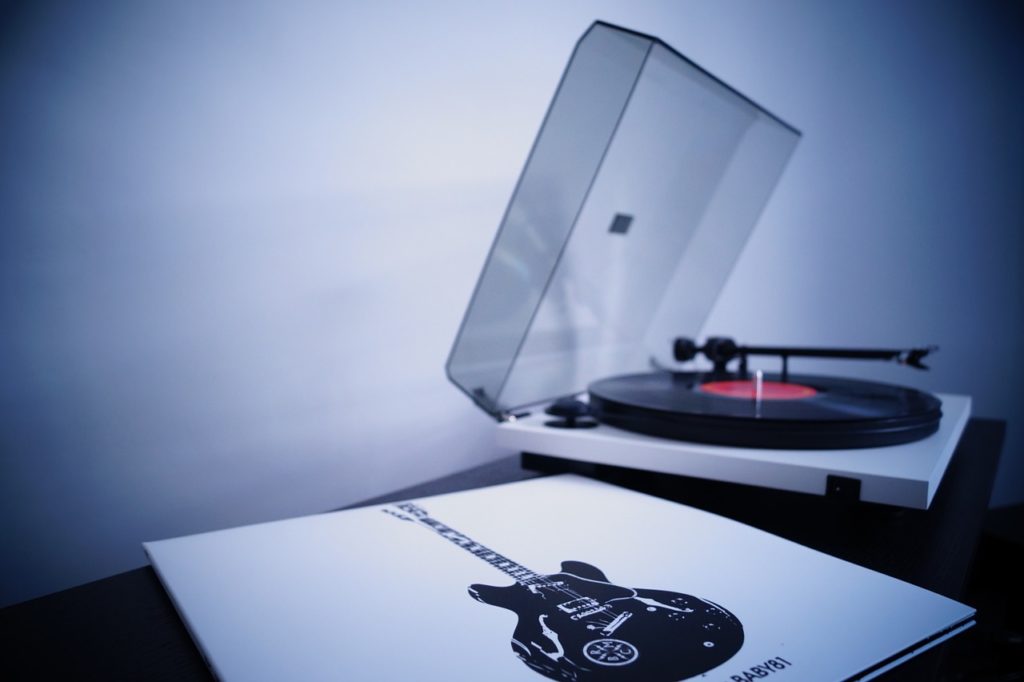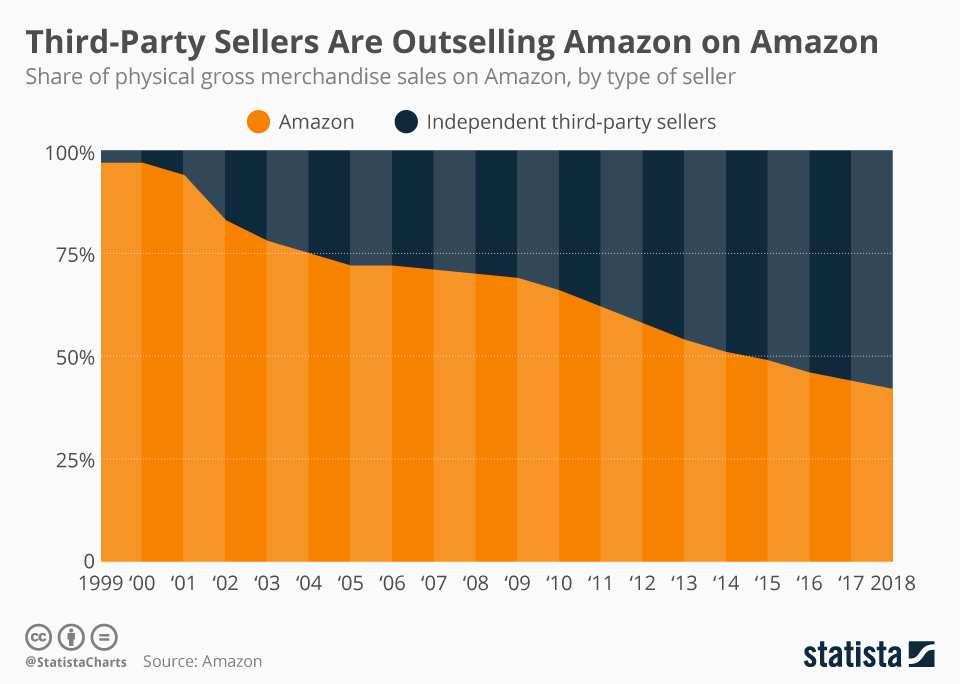
With all the media outlets, websites, and tech information available to us – via a keyboard stroke, the touch of a screen, or just asking Alexa – you’d think there would be very few things that would surprise us.
In many ways we are more informed than ever, but still, many people tell us they are often confused by the countervailing numbers, ratings, or polling data they see.
Just in the course of my usual social lurking, web surfing, and site trawling, I managed to run into three trends that run counter to many of the conventional beliefs about where the tech puck appears to be headed.
Each is a testament to the notion the world of technology is unstable, fast-moving, and fluid. And that’s the takeaway here. In the fast-moving, disrupted media world in which we live, nothing stays the same for too long.
Here are my three surprising tech trends:
1. In 2020, NPR podcast revenue will surpass broadcast sponsorship
This wild prediction isn’t from a think tank, a tech site, or a research shop. It is, in fact, NPR’s own CFO, Deborah Cowan, making the call. She pegs podcast sponsorship revenue for the new year at $55 million, overshadowing the network’s broadcast billings.
According to Current’s Tyler Falk, that level of podcast revenue amounts to double what NPR was reaping just three years ago – and that, in and of itself, is astonishing.
![]()
And where will those newfound podcasting profits go? According to outgoing CEO Jarl Mohn, “The bulk of the revenue from podcasts is plowed back into the news department and the news magazines (“Morning Edition” and “All Things Considered”).
Surprising.
Smart.
2. For the first time in more than 30 years, vinyl will outsell CDs
The source for this outlandish prediction? The Recording Industry Association of America. As NME’s Will Richards reports, “CD sales are dying three times as fast as vinyl sales are growing….”
While this news from the R.I.A.A. no doubt excites old school vinyl fans, revenues from these polyvinyl chloride recordings only amounts to 4% of all  music sales. Subscription services account like Spotify and Pandora account for the bulk of revenue – 62%.
music sales. Subscription services account like Spotify and Pandora account for the bulk of revenue – 62%.
But it’s still an amazing turn of events for the music industry, where vinyl was on the way out, and CDs were the hot new format. When was the last time you listened to one of your CDs? OK, and more importantly, when was the last time you bought one?
While still in the minority, vinyl fans are bullish, and this kind of data reinforces their choice to embrace those shinny, black discs. One of the most ardent is Mitch Anderson, founder of Black Circle Radio, an all-vinyl eclectic music channel comprised of 100% vinyl. Mitch just celebrated BCR’s a decade of broadcasting. You can read his story here.
3. Third party sellers are now out-selling Amazon…on Amazon
That’s the headline in a Statista report from this past summer. And in case, you’re wondering, Amazon CEO Jeff Bezos couldn’t be more elated:
“Third party sellers are kicking our first party butt. Badly.” That’s the way he happily summed it up for Amazon investors in his annual letter to shareholders.

For perspective, Amazon’s third party billing was $0.1 billion in 1999. In less than two decades, it sat at $160 billion in 2018. I’d call that hockey stick growth. And it’s another reason why the nation’s retailers are tossing and turning at night as shopping habits shift to online from on-site.
So, there you have it. Three unexpected, but logical trends about media and technology that are stark reminders to not take leadership for granted and to be open-minded to looking for revenue in unpredictable places.
In these cases, vinyl albums, podcasts, and third party sellers were all small potatoes not so long ago. But these days, their leap into mass popularity suggests that while success may be fleeting, there are other viable ways to make money in this crazy media world.
- Traveling At The Speed of CES - January 10, 2025
- The One Thing Missing At CES? - January 9, 2025
- AI Your Commercials - January 8, 2025




Very interesting, especially the NPR item. Any idea where listener donations fit into the money mix? I’d assume those make up the vast majority of their funding. They’d better, given all the time they devote guilting listeners. And, yeah, I’m among those guilted listeners who’ve sent them money.
NPR as an entity doesn’t take listener donations – that’s the member stations at the local level. NPR solicits donors (foundations, etc.), but the pledge drives are local. So, you’re actually supporting your local station (so they can buy programs from NPR 🙂 ). Thanks, Harvey.
You mean I’ve been supporting my … COMPETITOR? Perish the thought.
Thanks for the explanation.